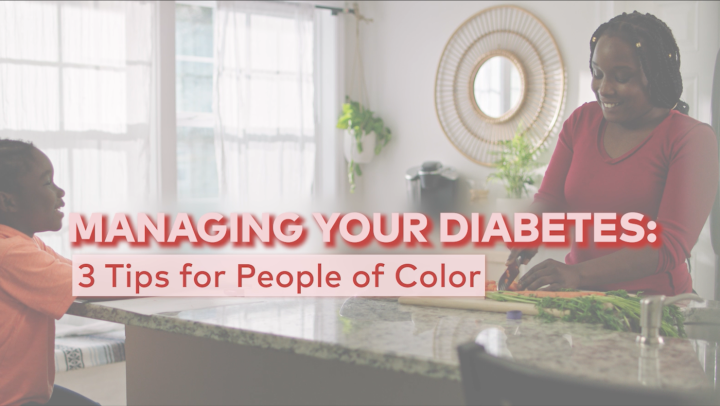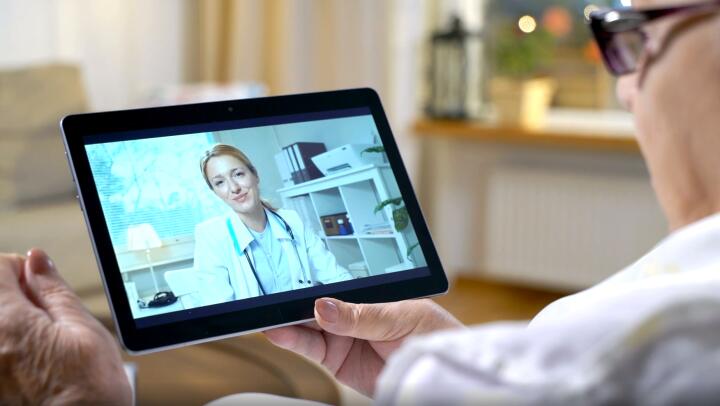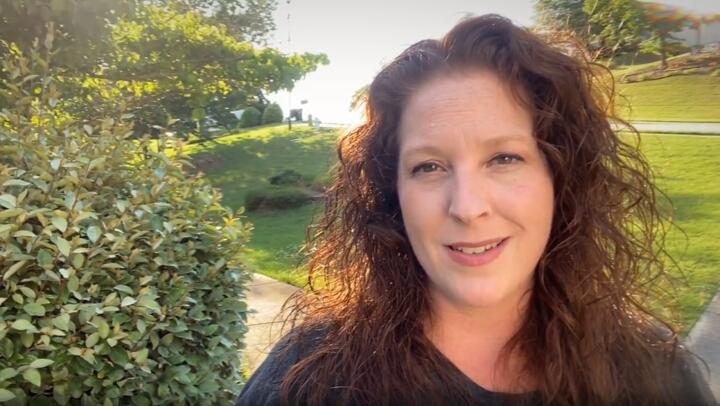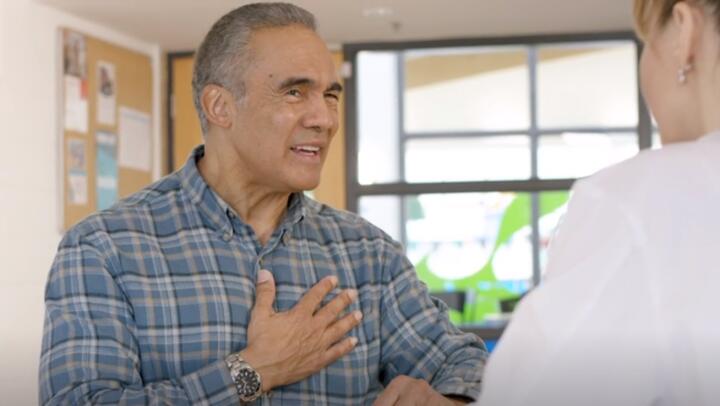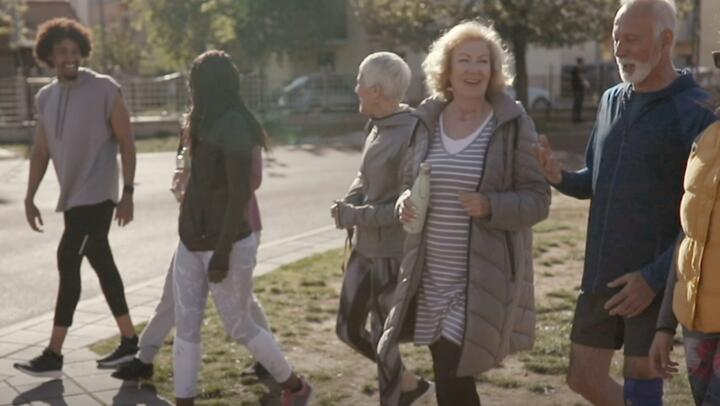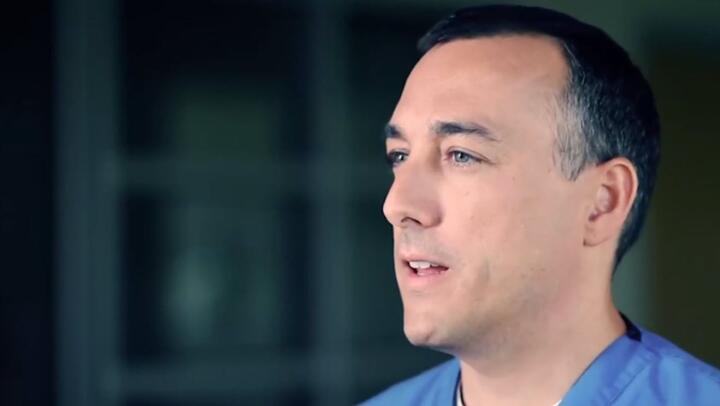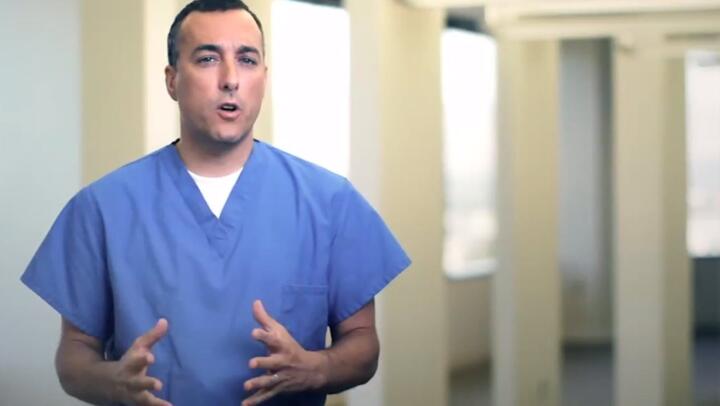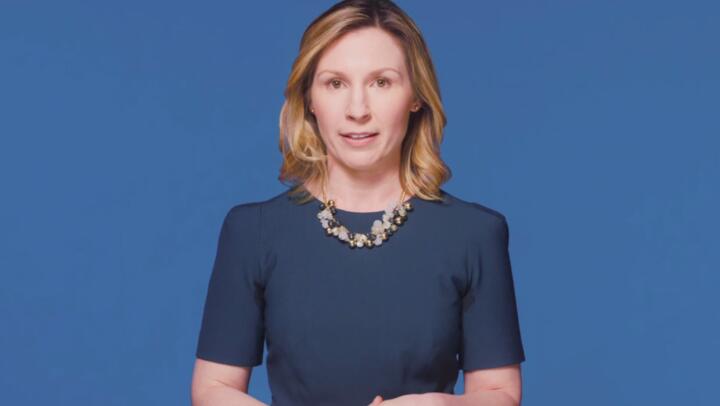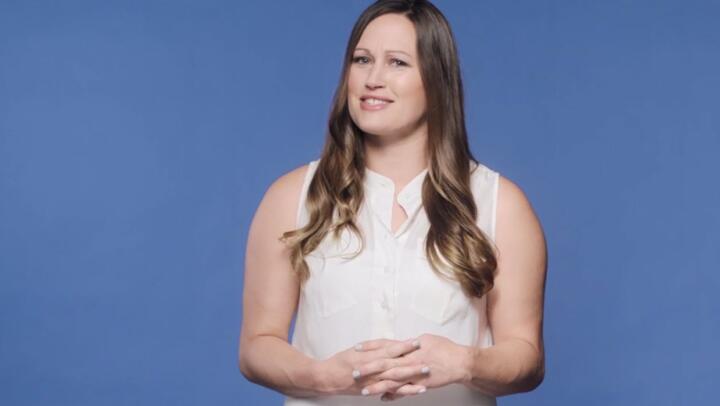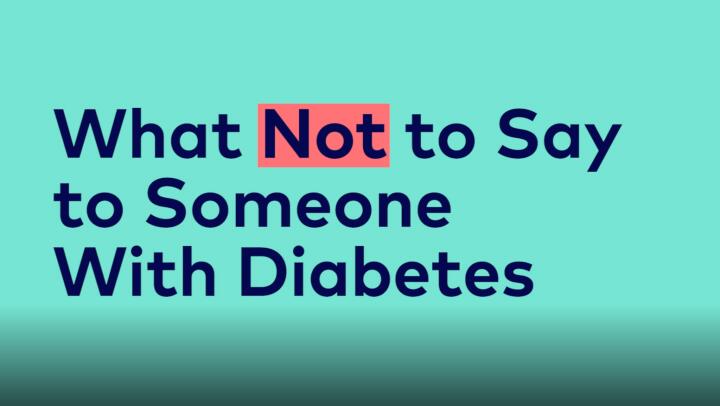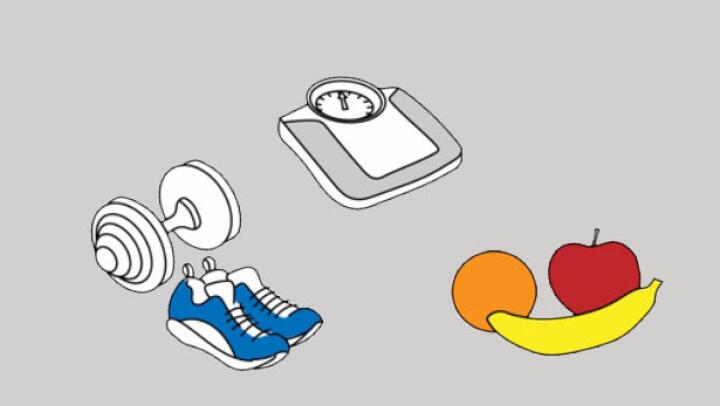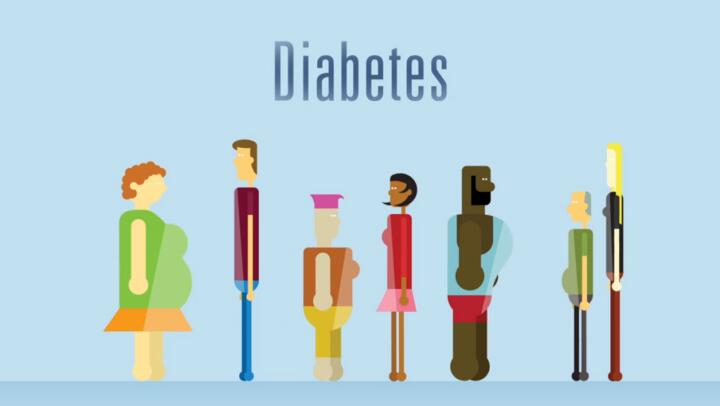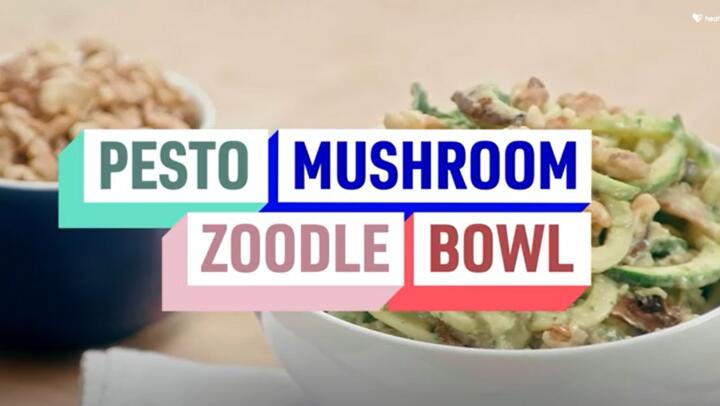
Right now, all over the world, there are people successfully managing life with type 2 diabetes. Regardless of our culture, race, or ethnicity, we are living full lives. But even though we have the same condition, we don’t all manage diabetes in the exact same way. Each of us has to find a way to care for ourselves within the context of our own lives, cultures, and values.
In diabetes care, some days it might feel like everything is about the numbers. How many grams of carbs have I eaten today? How many steps did I take? What’s my A1C? Hit the numbers and you’re a “good” diabetic—at least that’s what we’re told.
When I was first diagnosed with type 2 diabetes, more than a decade ago, I remember the doctor saying I’d need to drastically change my habits in specific ways to hit these numbers. But change is hard, especially when that change feels like it cuts at your very identity. I was told to stay away from tortillas and rice—staples in my diet. I needed to avoid situations that made it hard to keep to the rules. I had to put my health routine at the very top of my to-do list. That made family celebrations and meals emotional minefields filled with what I “should” and “shouldn’t” do. This left me feeling frustrated. No longer could I just be who I am or do what was second nature to me. I
These kinds of strict rules might work for some people, but they don’t fit everyone’s lives. There has to be a way to effectively manage diabetes without completely giving up familiar, comforting, and affirming cultural practices. In order to be effective, healthcare needs to match the person and their culture.
There is more than one way to successfully manage life with type 2 diabetes.
We all strive to live full lives while managing life with type 2 diabetes. What we might not do is manage our type 2 diabetes in a specific, standardized way.
You see, there’s often more than one way to do something. You can find a way to manage diabetes that both honors your cultural identity and addresses your health needs. Forging such a path isn’t easy. There’s the frustration of feeling that you’re all alone in this effort, especially if you find your healthcare team isn’t prepared to help you figure out what works best for you individually. Seeking out culturally competent care can help.
Culturally competent care is a healthcare approach that helps patients find a way to manage diabetes within their culture and doesn’t put us outside of our community. Our culture gives us strength. Without it, managing diabetes is more difficult—maybe even impossible. Isolation is not the healing force that community can be. Culturally competent care confirms who we are and how we live.
So how do you find culturally competent care? You have to be proactive.
Speak up about the things that are important to you. Finding a way to better manage social situations that involve a lot of carb-heavy and rich foods is a common area of concern. When you grow up eating potato latkes on Hanukkah, they’re more than just potato pancakes. Honoring religious practices is another area that can be challenging to manage. Being told you should not fast on holidays with diabetes is particularly wrought. Help your healthcare team understand that finding a way to manage difficult situations with type 2 diabetes is important to you.
Push back on yes-or-no directives. Again, there’s more than one way to get something done. Sometimes the solution is to eat less of something. Other times it might be adding something, like exercise, to balance out something else, like eating a celebratory meal. Don’t ask for permission by asking “Can I?” Instead, call on your healthcare team to help you solve a problem. Ask them to help you find a way to do or have the thing that’s important to you.
Look for healthcare providers who speak your language and/or are familiar with your culture. While this won’t necessarily guarantee you’ll be a good match, it does mean you will share some common understandings. Having a healthcare team that speaks the language you are most comfortable with makes communication easier. If your healthcare team is already familiar with your culture, they are likely empathetic and have experience addressing the kinds of needs you have.
Find your own sources of culturally informed diabetes information. No single person can anticipate or address every diabetes-related question that you might have. Look for some of the answers to your questions on your own. One of the best sources of support is to join a patient support group. In bigger cities, you can find support groups organized around a specific language or people from a particular region. Many churches, temples, and mosques also host diabetes support and education groups for their members. In these groups, you’ll find others who’ve faced and solved the same dilemmas as you.
Take charge of your diabetes care. Remember that managing life with type 2 diabetes happens, for the most part, outside the doctor’s office. It’s up to you to find the balance between managing diabetes and maintaining your identity. Will it be easy? Probably not. But I believe it’s worth the effort and will result in a much more satisfying life.
After all, you are the only one who can completely understand what it takes to manage life with type 2 diabetes while still honoring who you are and what you care about.






